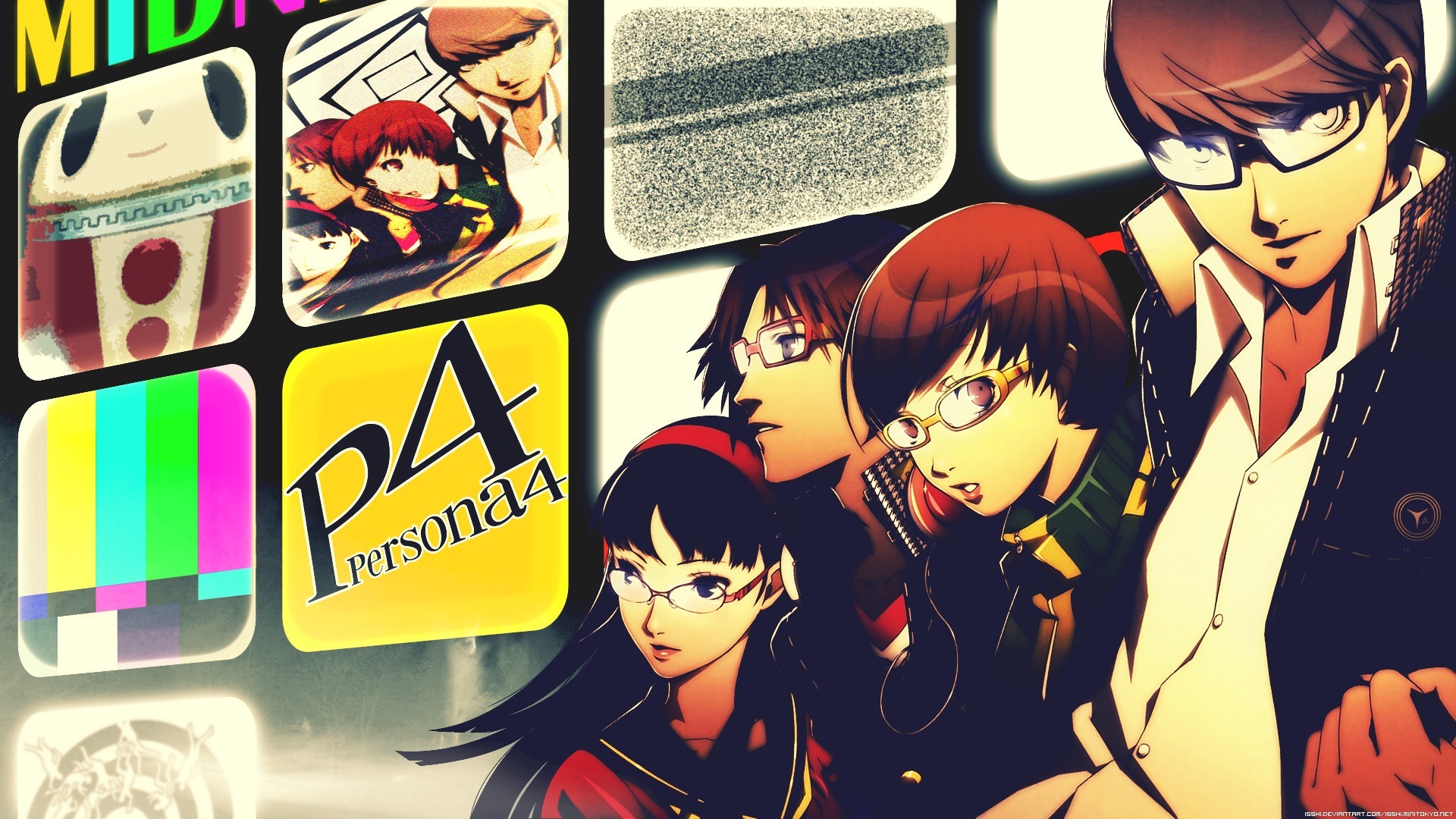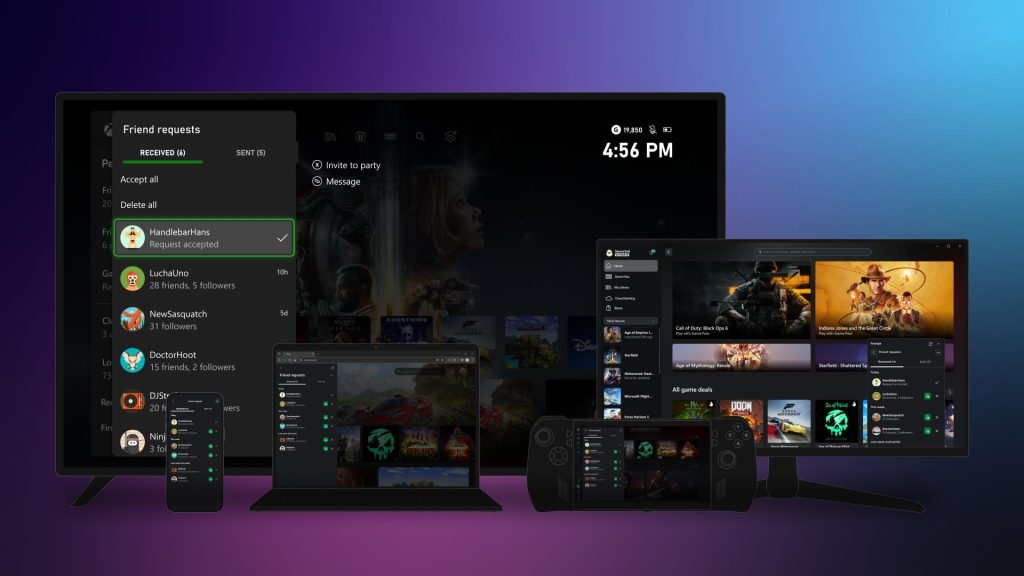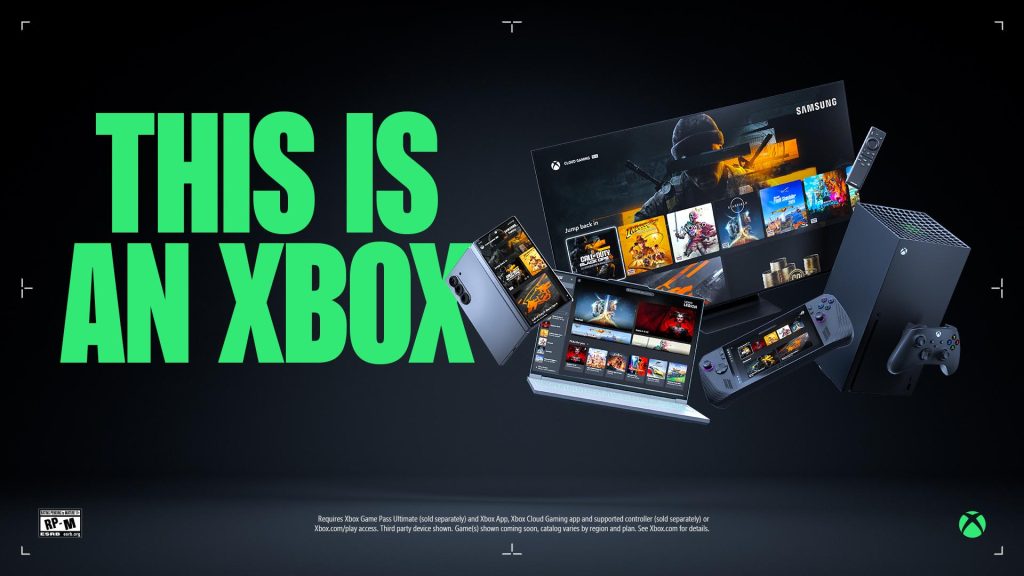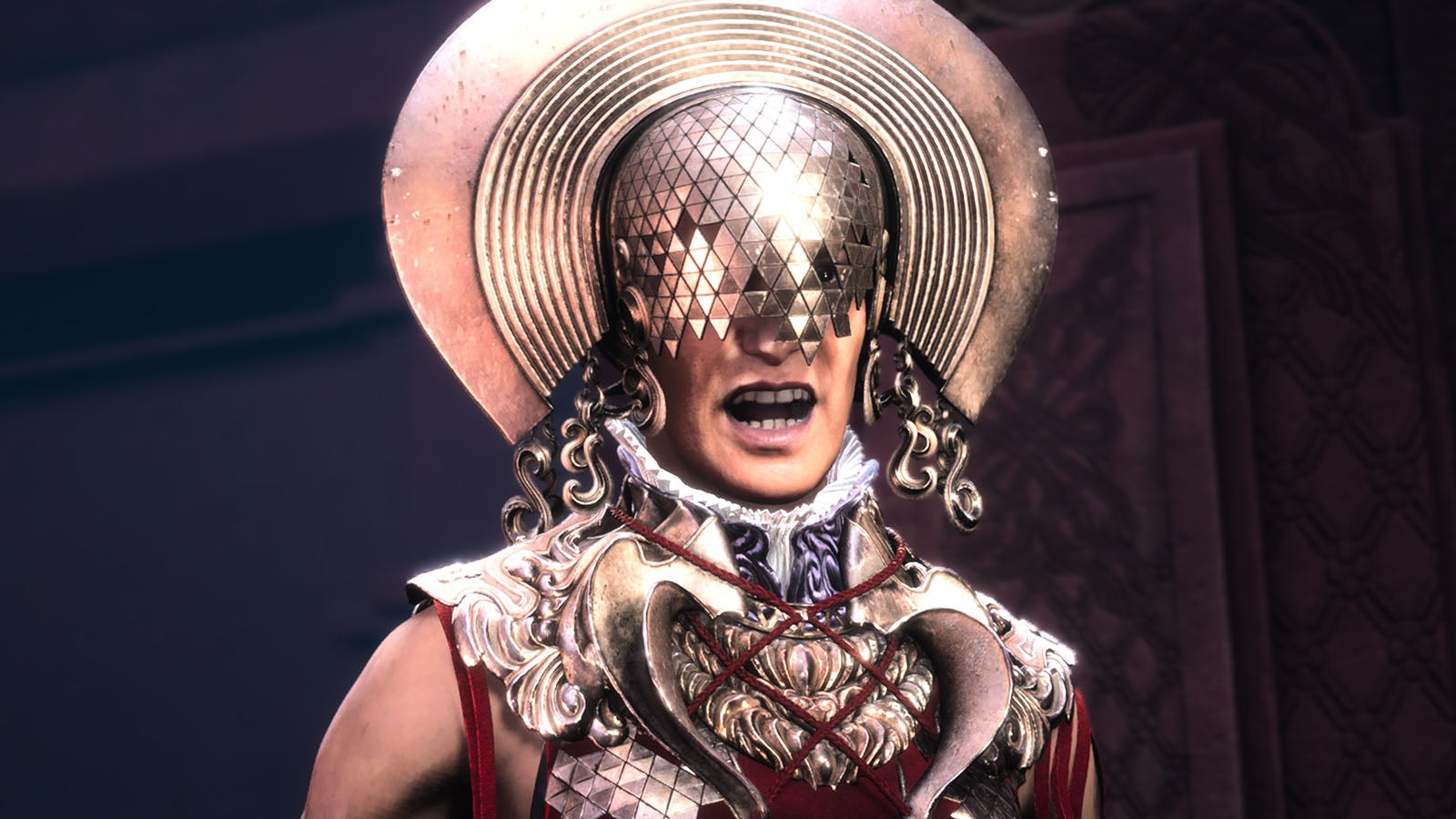The arrival of Persona 3 Portable and Persona 4 Golden on Xbox and, more specifically, Xbox Game Pass was a cause for celebration in more ways than one; In principle, due to the inclusion from day 1 of the saga to Microsoft’s subscription service and for what the arrival of these games on the platform represents.
One of the main attractions of these new Persona editions is that, for example, Persona 4 Golden could be enjoyed for the first time in four new languages; Spanish, Italian, German and French. If you’ve ever played any of these titles, or any RPG for that matter, you’re aware of just how many lines of text the genre has, which means behind every language there’s a group of people who do the most is to localize this narrative content into different languages. This includes adapting idioms so the text sounds natural, making the same jokes that were funny in the source language funny in the target language, making totally different words rhyme so a poem or song doesn’t lose its meaning. , and countless other things. more things.
The locators, those essential people that no one congratulates after a match
This group of people, call them localizers, translators or whatever you prefer, are the key to the success of the game in different cultures and devote many hours of their life to its realization, usually facing very demanding delivery deadlines and , in many cases with a complete lack of context, as there are very few opportunities in which these professionals access footage of the game itself, let alone demos and the like.
And maybe reading this you’re thinking, “well, but that’s their job”, and I confirm that it is, and if you asked them, they would tell you that despite the many inconveniences , they love what they do, because they are people that they are fascinated by the world of video games and they feel a real passion for what they do, but that’s not a reason not to give them credit for it, in my opinion, quite the contrary. And just as it happens and has happened many times before, in Persona 3 Portable and Persona 4 Golden this is exactly what happened, the entire brutal localization team of both titles conspicuous by its absence in the end credits
Subscribe to the GX channel on Youtube
To understand the localization process of a video game, one must first establish which parties are involved. First, there are the developers of the title who want to bring their product to other latitudes, for that they generally call on a translation agency which is responsible for providing them with all the necessary linguistic services and offers to bring the game to all the available languages they need. This is, I would say, the most common case in AAA development, although when we talk about independent studios, many times it is the localization professionals who work directly with the developers without there being any an agency involved, which avoids certain obstacles and gray areas in terms of accreditation.
Katrina Leonoudakis she was a localization coordinator for SEGA and was the first to point out that the various Persona translation teams did not appear in the credits even though they were supposed to be there before she left the company. It’s unclear what happened between its release and the game’s arrival on tablets, but the result was what we already know: translators with no credits.
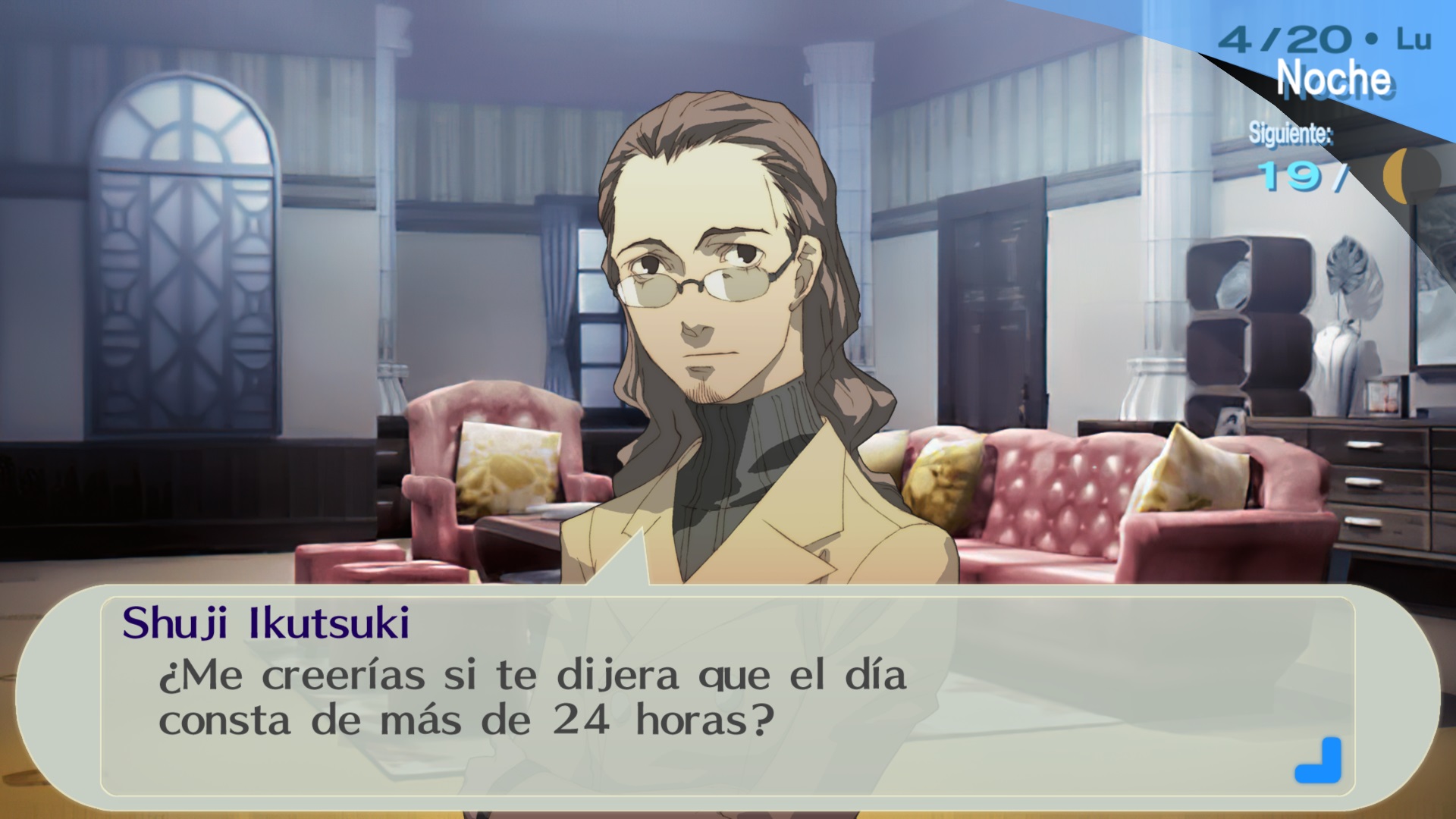
Ignorance and bad intentions
From Xbox Generation, we had the opportunity to speak with Katrina and ask her for specific information about the omissions and the root issue:
According to an article published by Kotaku, Keywords, the agency in charge of the localization of Persona, criticizes SEGA (in this case) for not accrediting translation professionals, whereas in most cases it is the developers who say n ever received relevant information from translation agencies. Who do we believe? Is there a chance that both sides are telling the truth?
No one wants to take responsibility and both sides are technically right. SEGA asks Keywords for the information to put in the credits in a very generic way (“Send us your credits to put in the game”), and Keywords sends them a file with this information (which turns out does not include the translators ) . Internally, Keywords tells translators that “it’s up to the developer to ask the agency for the names of the translators”; and this is something that I confirmed by speaking with several professionals who work in this agency.
SEGA reviews the file sent to them, asks for typos to be checked before including any information in-game, and assumes that Keywords has done its part by giving due credit to everyone involved. On the side of the keywords there is a bad intention, on the side of the developers there is a lack of knowledge on the subject.
Why do translation agencies (mainly Keywords) not want translators to appear in the credits of the projects they have worked on?
To control the professionals who work for them. Linguists who do translations for agencies are freelancers who depend on agencies for their work. Not putting them in the credits makes it harder for them to find work elsewhere, how can you prove you worked on a game if you don’t appear in the credits? By not being able to look for work elsewhere, other companies that can pay more cannot “steal” them into their ranks.
This lowers translators’ fees and reduces the chances that these professionals will turn to another company for good linguists. In turn, this also creates a certain fear in translators to mention the projects they have worked on or their employer, in case some kind of retaliation occurs from the company.
Why did it take so long for this situation to come to light?
Translators have been talking about the issue for years, you can search #Translatorsinthecredits and you’ll see. Within the industry, people have been calling for translators to get their credit for years.
Unfortunately, many uncredited translators are afraid to speak. In some cases, saying they worked on a certain game violates the confidentiality agreement they signed with the company. Speaking out against a company they work for or want to work for in the future also jeopardizes their chances of getting a job. Because the industry is so ruthless and it pays so little to be a translator, many decide it’s not worth it. This is why it is important that people who have a secure position, like myself, speak up and be spokespersons.
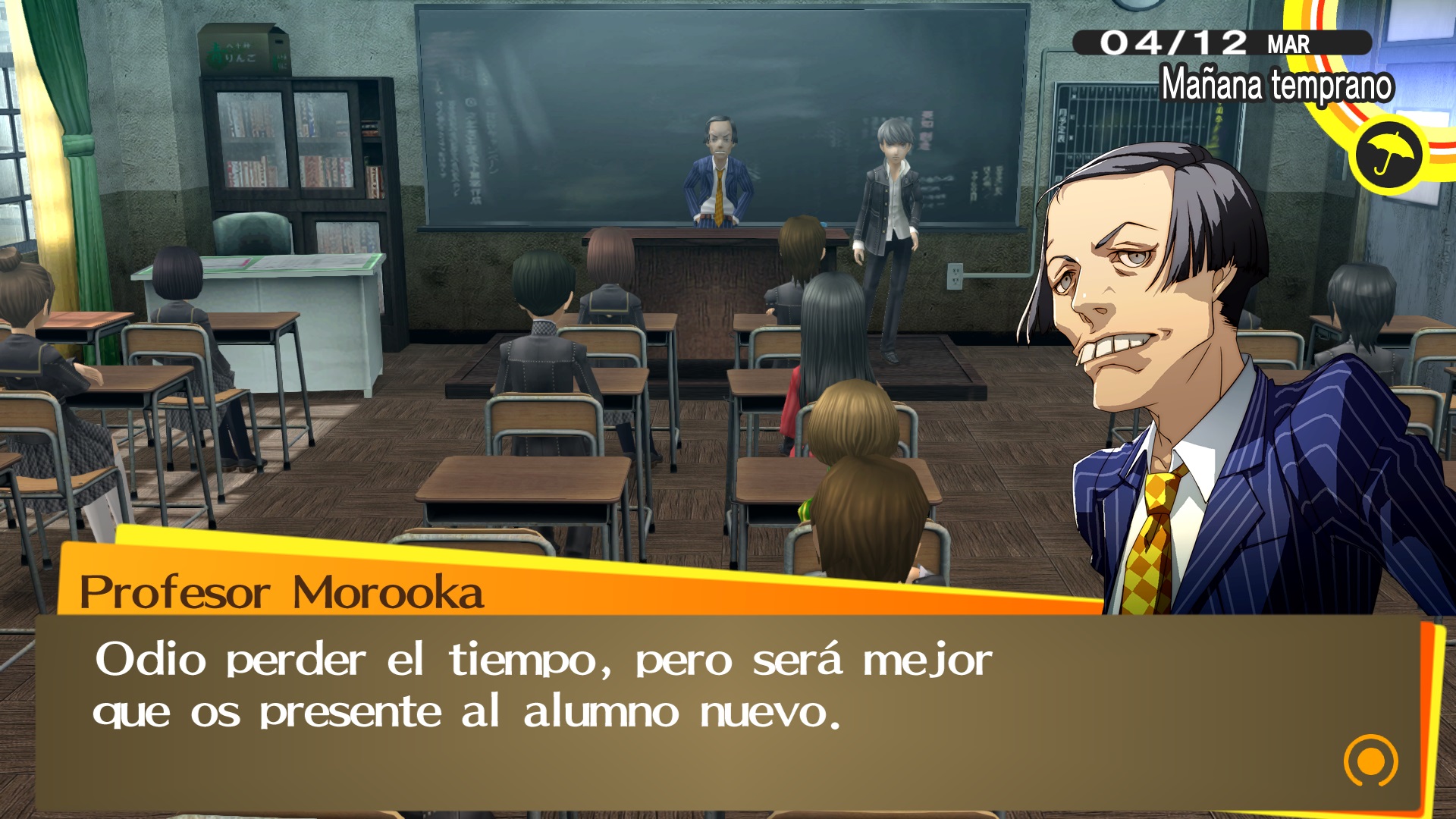
Will the future be different? In the case of Pentiment, the passionate and righteous protests of the translators on social media and other media helped the developers release a patch that added the missing credits. Voices are needed, and it seems this case is further proof of that, since according to Katrina herself, Atlus and SEGA accreditation policy will change favorably in the future.
Now, five years from now, will the industry still have the same problem? To this, Leonoudakis responds:
Unfortunately, until companies realize that translation companies are leaving translators without credit, the problem will persist. Video game companies large and small should be made aware of these predatory and unethical practices and production companies should verify the credits they receive and demand the names of all parties involved under the contract with the agency. of translation. It is obvious that these companies will not do this voluntarily, because extending credit does not benefit them.
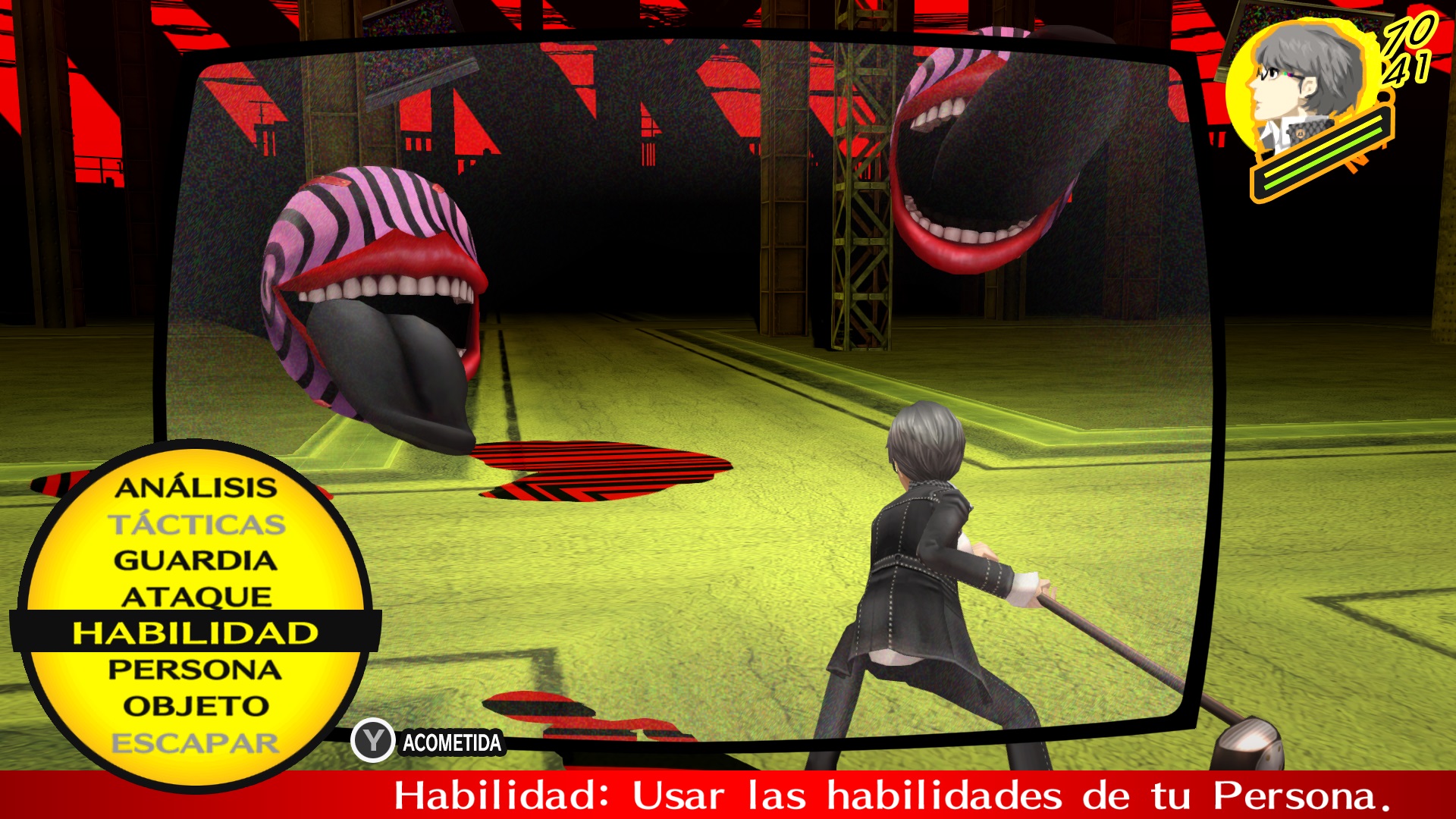
If you’ve played Persona 3 Portable and/or Persona 4 in Spanish, and you loved it like us, know that behind every sentence hides the quality, ingenuity, passion and talent of Alba Anoria Ortuño , Alba Valle García, Alejandro Gómez de la Morata, Carla Morata Segrera, Carles Prieto Herranz, David García Abril, Emilio Ros Casas, Eva Ruano Maroto, Laura Feijóo Sánchez and Iván Magdaleno Macenlle while Alicia del Fresno Orellana, Almudena Segura Checa have supported the magazine and Fatima Parejo Diez.
Little by little, the French, Italian and German localizers receive the authorization of the agency to share their collaboration in the translation of Persona 3 Portable and Persona 4 Golden, a little too late in my opinion.
Now that I received official permission, I’m happy to say that I had the honor of being part of the great French team that translated Persona 3 Portable. 🙂
Thanks to everyone who raised their voices to see the translators credited. #TranslatorsInTheCredits pic.twitter.com/uBRvSNBN7i
— Violaine Sauze (@ViolaineSauze) January 26, 2023
I would like to thank Laura Feijóo and Katrina Leonoudakis, because without them it would not have been possible to compile all the material present in this article.

